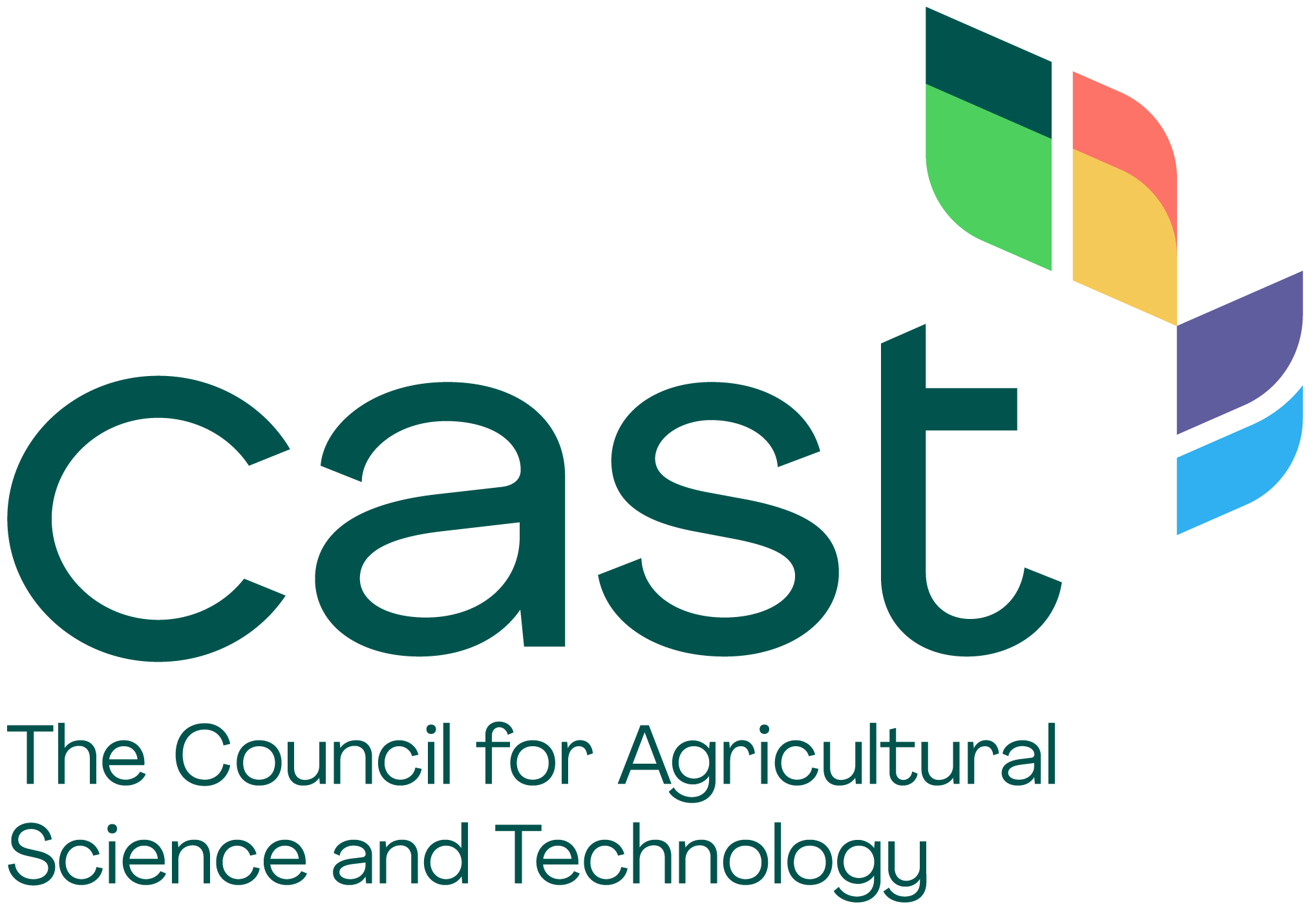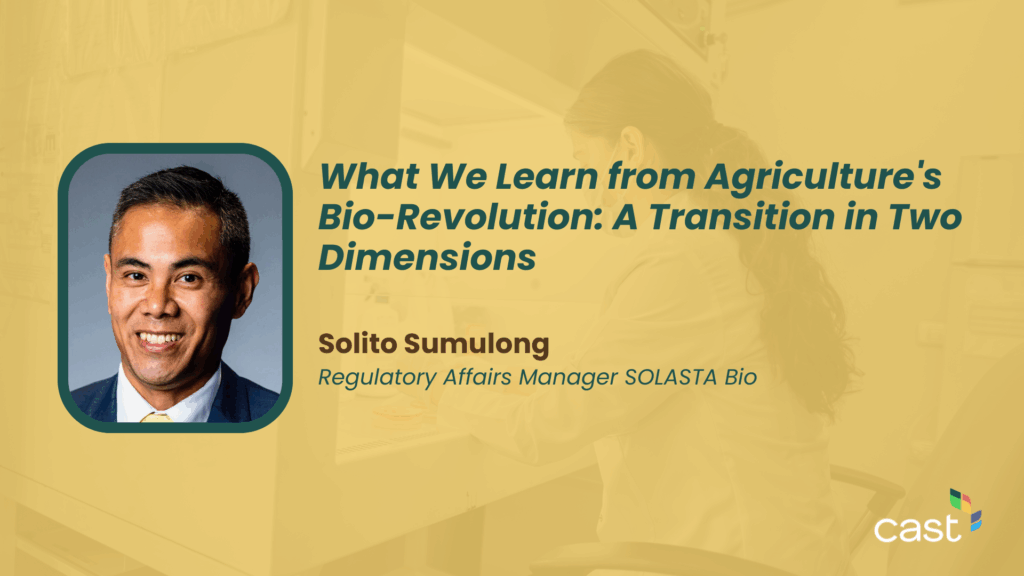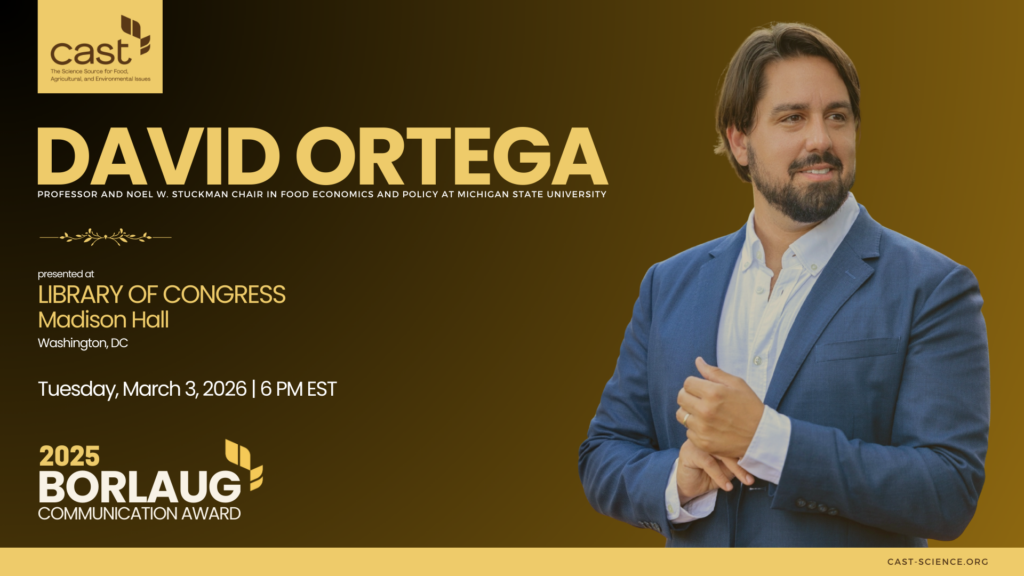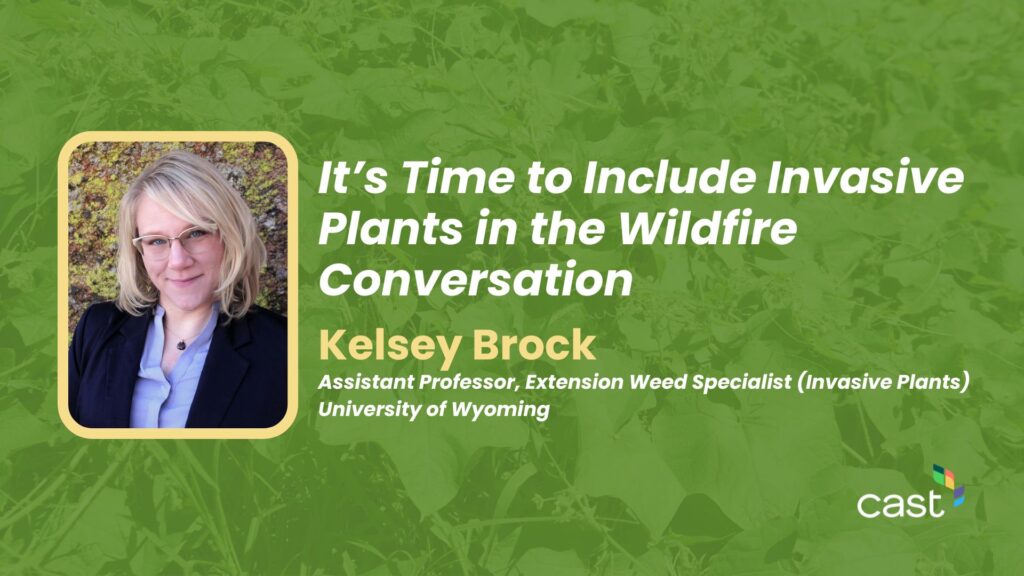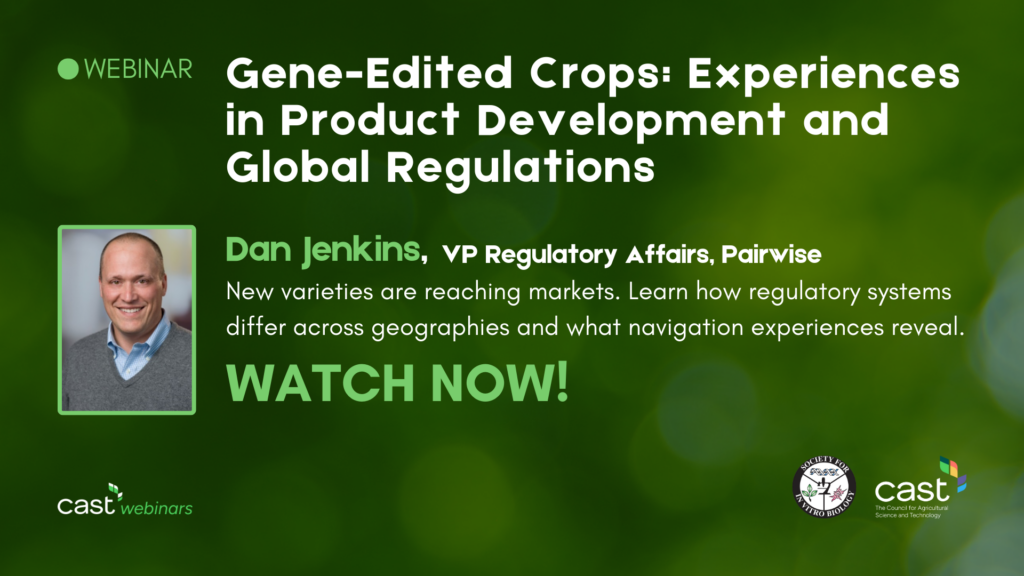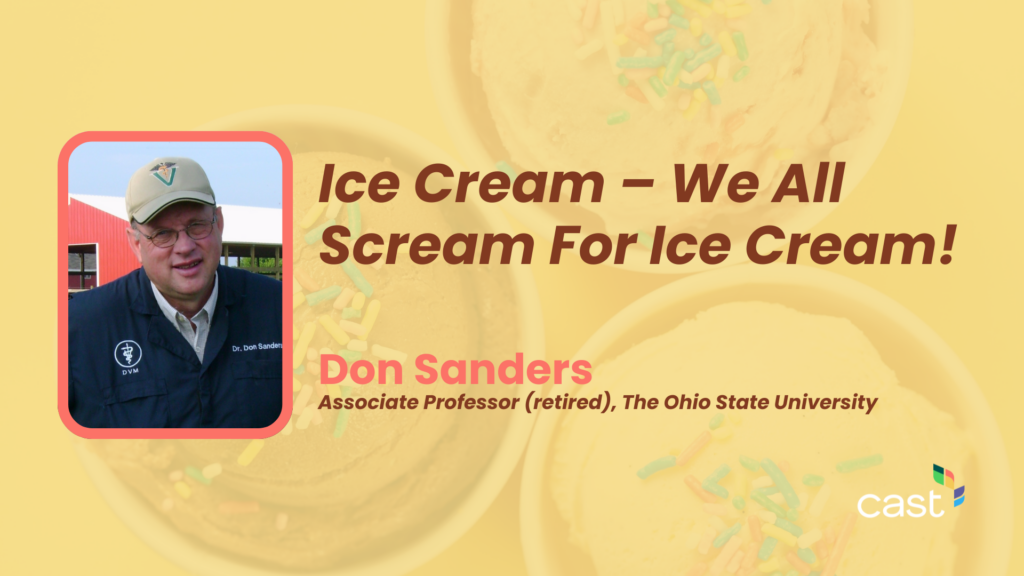By Solito Sumulong
Regulatory Affairs Manager SOLASTA Bio
Agriculture is undergoing a monumental transition, shifting from the chemicals of yesterday to the biologically based solutions of tomorrow. This movement, driven by societal demand and scientific innovation, is far more than a technical change. It is the sandbox from which we can all learn vital lessons about business and professional growth.
As someone who has navigated this frontier—from my time with the manufacturing of pheromone bio-control products at Provivi, to scouting new regulatory pathways for nanotechnology, and with my current work in Regulatory Affairs for peptide bioinsecticides at SOLASTA Bio—I see these lessons being forged daily.
The Business Lesson: Value is in the System
The old business model centered on the patent-protected, single-molecule synthetic chemical. The new model for bio-based solutions, like peptides or microbials, is profoundly different. Their effectiveness is intricately linked to their delivery system and their integration into a farmer’s existing practices.
The lesson here is that value has shifted from the active ingredient alone to the entire solution ecosystem. Today’s biopesticides and biocontrol agents are not simple replacements; they are becoming components in a sophisticated, data-driven system that accounts for existing practices, emerging technologies, and the environment. This necessitates a “new spray tank,” where newer weapons in bio-based products, like pheromones and peptides, must work seamlessly with the advanced formulants—such as bio-based surfactants and nanotechnology—that make them viable. A company’s success now depends on complex integration and proof that the entire system maintains economic viability. For the industry, this means moving beyond siloed R&D to deliver solutions to fundamentally integrate into the modern, data-driven farm.
The Professional Lesson: Engagement is the New Mandate
For professionals in this space, the transition is a mandate to expand our roles. It is no longer enough to be a specialist in lab work or spreadsheets. We must become educators and advocates.
This professional lesson is why I dedicate time to organizations like CAST. Through my work with the CAST working group on Surfactants in Agrochemicals and an ACS Division Fellow Awardee for running educational webinars for the Division, the goal is always the same: to translate complex science into credible, balanced information for policymakers, the media, and the public. This translation is vital because it addresses the complexity inherent in new products—like nanotechnology or the peptides at SOLASTA Bio—helping regulators and consumers understand their safety and utility. This commitment to outreach is now non-negotiable. Technical expertise must be paired with the ability to communicate its societal impact.
The bio-revolution in agriculture is a period of immense change, but also immense opportunity. By applying the lessons learned from the business of integrated solutions and the mandate for professional engagement, we can ensure this transition benefits food producers, the environment, and global society.
About Voices of Agriculture
The Voices of Agriculture series is designed to provide a platform for diverse perspectives on issues, trends, and experiences within the agricultural community. These articles aim to foster dialogue, share insights, and highlight the many voices that contribute to the ongoing conversation about agriculture and its future.
Disclaimer
The opinions expressed in this article are solely those of the author. They do not necessarily represent the views, positions, or policies of the Council for Agricultural Science and Technology (CAST). CAST provides this space to encourage thoughtful discussion, but does not endorse any specific viewpoints shared in these pieces.
